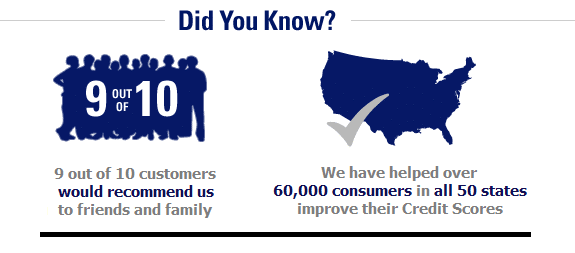Insurance Scores
Applying for car insurance?
According to the Fair Isaac Company (FICO), 95% of insurance companies use insurance scores as a factor in determining prices.
Note: It is illegal for car insurance companies to check credit in Hawaii, California, Massachusetts, Michigan, and Washington.
Insurance scores are designed to predict the likelihood that you’ll file an insurance claim.
There are different types of insurance scores, just as there are different types of standard credit scores.
A better insurance score will result in lower insurance premiums and save you money.
Insurance scores usually come from one of 3 companies;
FICO, LexisNexis, and TransUnion.
FICO
Credit-Based Insurance Score
Score Range: 250-900
Credit Report: TransUnion
Good Score: 700-900
LexisNexis
Attract Auto Insurance Score
Score Range: 200-997
Credit Report: Equifax
Good Score: 776-997
TransUnion
True Risk Score
Score Range: 150-950
Credit Report: TransUnion
Good Score: 776-950
The Insurance Scores are also calculated differently from standard credit scores.
You’re probably familiar with the standard credit score breakdown;
FICO Credit Score
Payment History – 35%
Amounts Owed – 30%
Length of Credit History – 15%
Mix of Credit – 10%
New Credit/Inquiries – 10%
But, here is the breakdown to your FICO Insurance Score
FICO Insurance Score
Payment History – 40%
Amounts Owed – 30%
Length of Credit History – 15%
New Credit/Inquiries – 10%
Mix of Credit – 5%
Your payment history affects your FICO Insurance Score more than your standard FICO Score and your mix of credit has a smaller impact on the Insurance Score.
Insurance scores are designed to predict the likelihood that you’ll file an insurance claim.
Insurance companies also take your previous insurance claims into account.
This information is provided to insurance companies by LexisNexis.
The database containing information about your auto and homeowners insurance claims is called the C.L.U.E. (Comprehensive Loss Underwriting Exchange) database.
If you’ve filed an auto or homeowners insurance claim within the last 7 years, that information is likely to be in your C.L.U.E. report.
You can check your auto and homeowners C.L.U.E. reports for free once every 12 months from LexisNexis.












